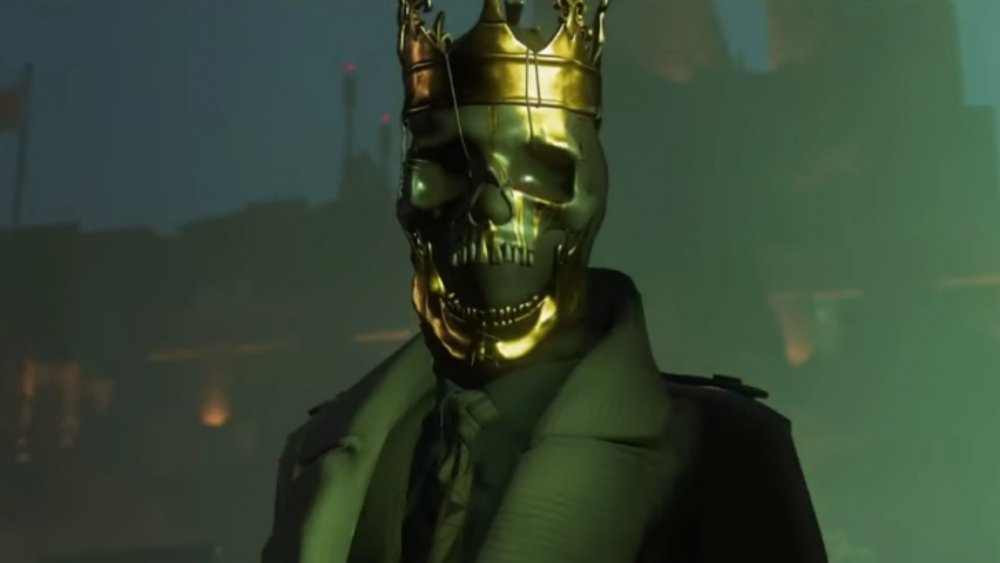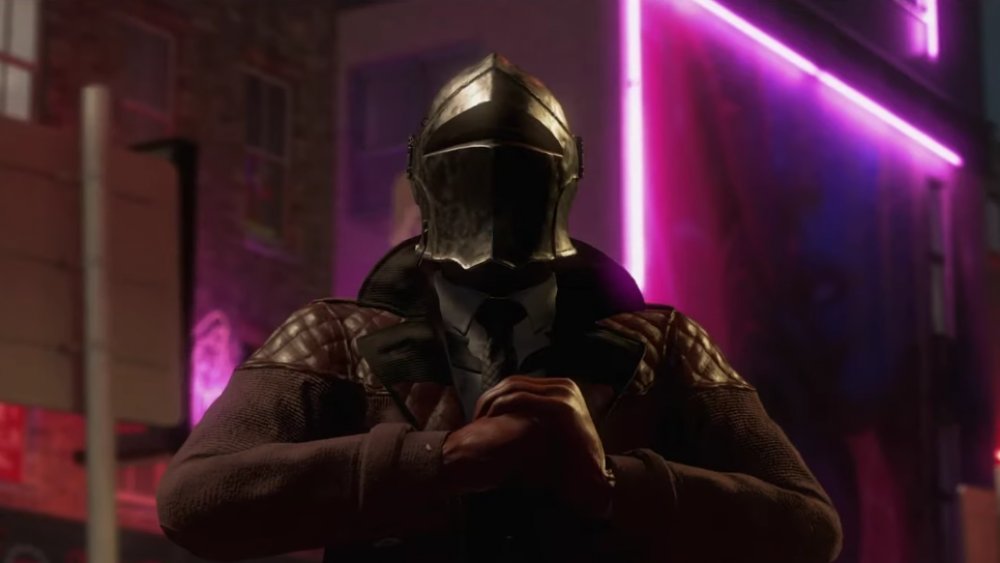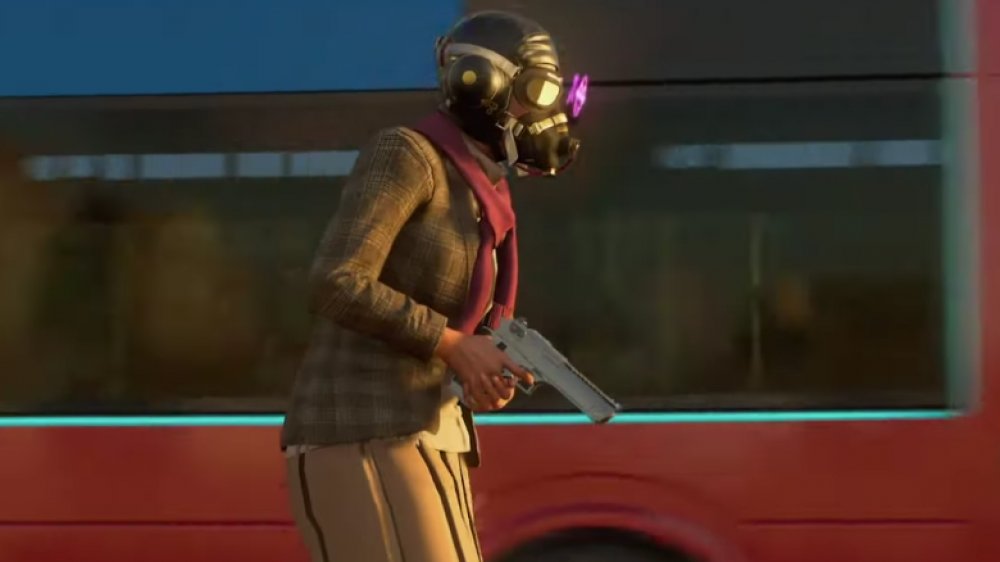What Critics Are Saying About Watch Dogs: Legion
Ubisoft has a storied history with Watch Dogs. What was supposed to be a new IP the company hoped would transform into an iconic franchise put its worst foot forward with a misleading trailer (which is only one of Ubisoft's many questionable decisions). Then Watch Dogs 2 arrived with numerous improvements and "ludonarrative dissonance," as well as a patched ending that hinted at the next entry's location: London.
Now, the long-awaited Watch Dogs: Legion has hit the scene, complete with the new gimmick to recruit and play as any NPC in the game. Now, most gamers are asking if the third time's the charm. According to critics, that depends on whether you play Legion for the gameplay or the story.
Watch Dogs: Legion is an open-world immersive sim with an abundance of characters and skills
If you played a previous Watch Dogs game, many of Legion's mechanics will feel familiar. You explore an expansive city, stealth through secure areas, fight and shoot your way around enemies, and hack into every digital device imaginable. This time, however, you will also spend a lot of time gathering intel on NPCs to recruit them into the in-game organization DedSec. Each character has a randomized set of skills — Games Radar likened it to the Nemesis system from Middle-Earth: Shadow of Mordor. These NPCs and their skills are the lifeblood of the game.
According to YouTuber Skill Up, Watch Dogs: Legion's missions are open-ended so each character skillset feels viable. If one character is a gun nut who can take a shotgun shell to the chest, you can complete a mission with the Rambo approach. Alternatively, drone aficionado characters can gather all necessary intel remotely without setting foot inside a mission building. There's no such thing as a wrong strategy, and since the game revolves around manipulating the in-game mechanics while cutting out skill and level checks, the result is, as Skill Up puts it, an open-world immersive sim.
Moreover, the system that determines character skills and recruitability is ripe for emergent gameplay. Take Polygon's playthrough as an example. In one session, reviewer Owen Good had to rescue an NPC to recruit them, but the mission went coffin-shaped when he accidentally killed the character. Out of revenge, that NPC's in-game friends kidnapped the playable character who botched the mission. Watch Dogs: Legion keeps track of character relationships, and depending on what happens, players can create their own gameplay-based stories, which is a boon since the narrative Ubisoft penned is where goodwill starts to fall apart.
Watch Dog: Legion's story falls short of its ambitious premise
Virtually every review outlet — from Games Radar to IGN – criticized Watch Dogs: Legion's story.
While the game has no shortage of villains, they are reportedly all mustache-twirling, evil stereotypes who basically do evil deeds for evil's sake. Not even the game's protagonist can save the narrative because, as Skill Up pointed out, there is none. To make room for the "you can recruit anybody off the street" approach, developers had to cut out a central protagonist. Without a singular hero to tie the game together, the story comes across as disjointed, especially when you take two different characters on different story missions. Skill Up noticed plenty of situations where the game and all NPCs treated completely different characters as if they were the same person.
The sacrifices don't end there, though. Actor performance and writing apparently took a nosedive to make room for a city's worth of characters. Numerous reviewers, such as Skill Up and ACG, noticed cracks in the technology used to stretch a handful of actors and their voice lines to fill in for the entire London populace. Moreover, because virtually any character with any voice or personality could talk to any NPC, dialogue had to be super generic. Many times, ACG felt as though the playable character and quest giver were having two completely different conversations while still somehow talking to each other.
If you don't like sandbox experiences and need a narrative rich title, you might want to skip this game. Otherwise, you might just find yourself addicted to Legion's approach to mission tactic viability.



